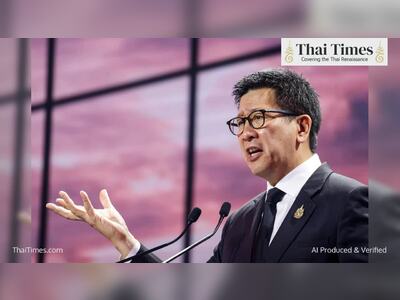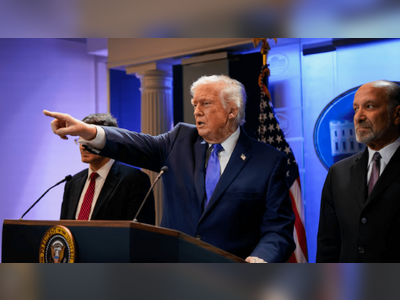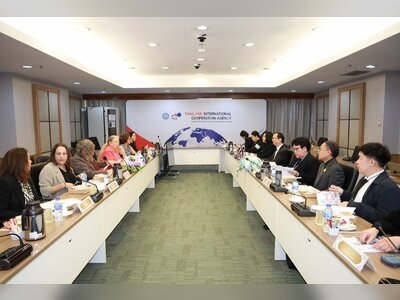Investment Attraction in Amazing Thailand
A significant initiative is the recently approved EV incentive scheme, termed EV 3.5, consisting of subsidies and tax reductions to boost EV adoption and manufacturing from 2024 to 2027.
Chaired by Prime Minister Srettha Thavisin, the National Electric Vehicle Policy Committee believes this will influence global EV producers to invest in Thailand.
During a meeting in San Francisco for the Asia-Pacific Economic Cooperation, Prime Minister Srettha met with top US firms like Tesla and Google, encouraging their investment in Thailand.
Subsequently, he initiated agreements with Google and Microsoft to advance local AI and cloud capabilities, aiming to enhance Thailand's technological edge.
FTI's Kriengkrai Thiennukul expressed optimism about increased technology investment, citing recent visits to the Eastern Economic Corridor (EEC), soon to be a sophisticated industrial zone focusing on advanced industries such as next-gen automotive and smart electronics.
Clarity in government economic policies is also a deciding factor for foreign investments.
An FTI-hosted forum for major investors from China, Taiwan, Japan, and the US included discussions on state policies driven by the current government.
At this gathering, Prime Minister Srettha highlighted Thailand's ambition for a "new economy" powered by sectors such as EVs, electronics, and digital services.
The Board of Investment aims to draw top companies to create over 10,000 jobs within four years and has witnessed a surge in foreign investment applications between January and September.
Foreign project submissions grew 49%, with China, Singapore, and Japan as the biggest contributors.
According to Mr. Kriengkrai, many foreign entities are eyeing expansion into the ASEAN region, with Thailand being a focal point for their investment strategies.
Chaired by Prime Minister Srettha Thavisin, the National Electric Vehicle Policy Committee believes this will influence global EV producers to invest in Thailand.
During a meeting in San Francisco for the Asia-Pacific Economic Cooperation, Prime Minister Srettha met with top US firms like Tesla and Google, encouraging their investment in Thailand.
Subsequently, he initiated agreements with Google and Microsoft to advance local AI and cloud capabilities, aiming to enhance Thailand's technological edge.
FTI's Kriengkrai Thiennukul expressed optimism about increased technology investment, citing recent visits to the Eastern Economic Corridor (EEC), soon to be a sophisticated industrial zone focusing on advanced industries such as next-gen automotive and smart electronics.
Clarity in government economic policies is also a deciding factor for foreign investments.
An FTI-hosted forum for major investors from China, Taiwan, Japan, and the US included discussions on state policies driven by the current government.
At this gathering, Prime Minister Srettha highlighted Thailand's ambition for a "new economy" powered by sectors such as EVs, electronics, and digital services.
The Board of Investment aims to draw top companies to create over 10,000 jobs within four years and has witnessed a surge in foreign investment applications between January and September.
Foreign project submissions grew 49%, with China, Singapore, and Japan as the biggest contributors.
According to Mr. Kriengkrai, many foreign entities are eyeing expansion into the ASEAN region, with Thailand being a focal point for their investment strategies.











